Culture shock can be a real pain in the ass. But it’s something you just have to deal with if you want to spend more than a two-weeks vacation worth of time in a foreign country. Culture shock is more than just a vague feeling of “wow I can’t believe people do that or eat that!” It’s a full-blown psychological phenomenon, complete with its own stages and everything.
What is Culture Shock?
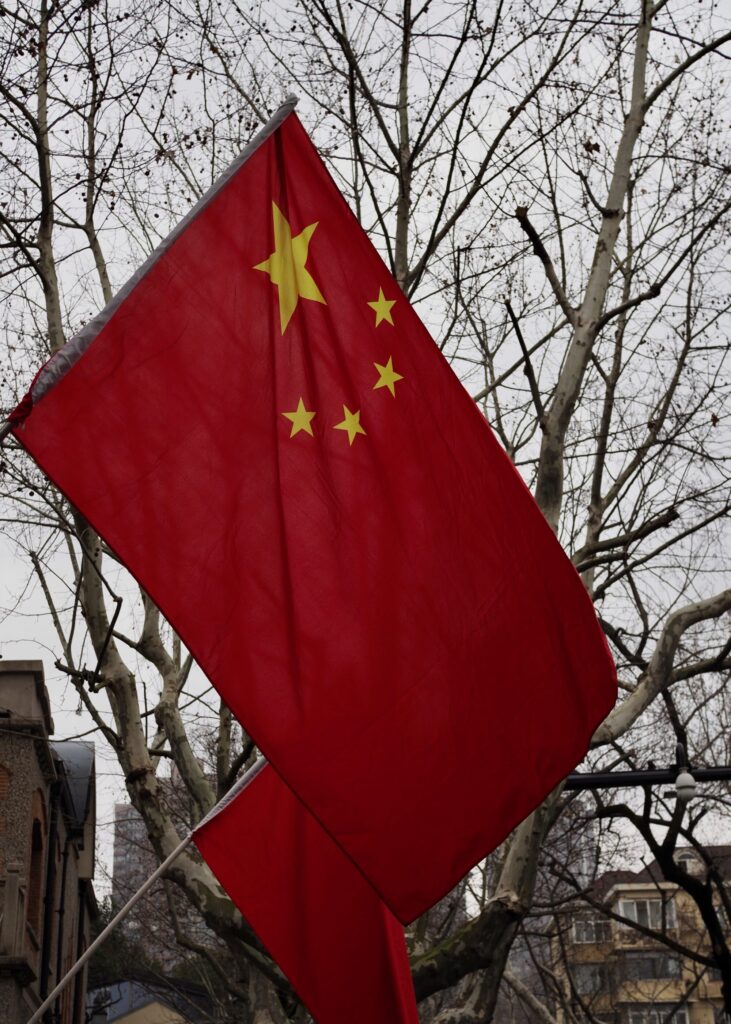
Having lived in China for two and a half years, I’ve had plenty of opportunities to experience culture shock. China and America have a lot of cultural differences. Duh. Thankfully, the Chinese have in general been very kind and welcoming. The local people I’ve met have done a lot to help make dealing with culture shock easier.
As I said before, culture shock is more than just being surprised at all the weird things people do. It comes from being cut off from things you’re familiar with, a loss of social cues, breakdowns in communication, and eventually a full-blown identity crisis. Sounds fun, right?
The four stages of culture shock were first identified by the wonderfully named Canadian anthropologist, Kalervo Oberg. These stages are: the honeymoon stage, the frustration stage, the adjustment stage, and the acceptance stage. There’s also reverse culture shock, but thanks to COVID-19 I haven’t had a chance to deal with that yet.
The Honeymoon Stage
This is the stage when you first get off the plane. Everything is shiny, new and exciting. All the differences seem romantic and exciting. The food all tastes delicious. The sights are all marvelous. Mundane city streets move you like awe-inspiring monuments. Your home country feels like a garbage heap in comparison.
When I first came to China, I was overwhelmed by Shanghai’s glistening skyscrapers and miraculously efficient subway system. Even the food from convenience stores tasted full of exotic and wonderful spices. Every day felt magical and full of possibilities.
The Honeymoon Stage is easily the best part of culture shock. Unfortunately, it doesn’t last forever. I don’t know, maybe you can make it work if you constantly move to a new country every few weeks, but who the hell can afford that?
The Frustration Stage (Irritability and Hostility)
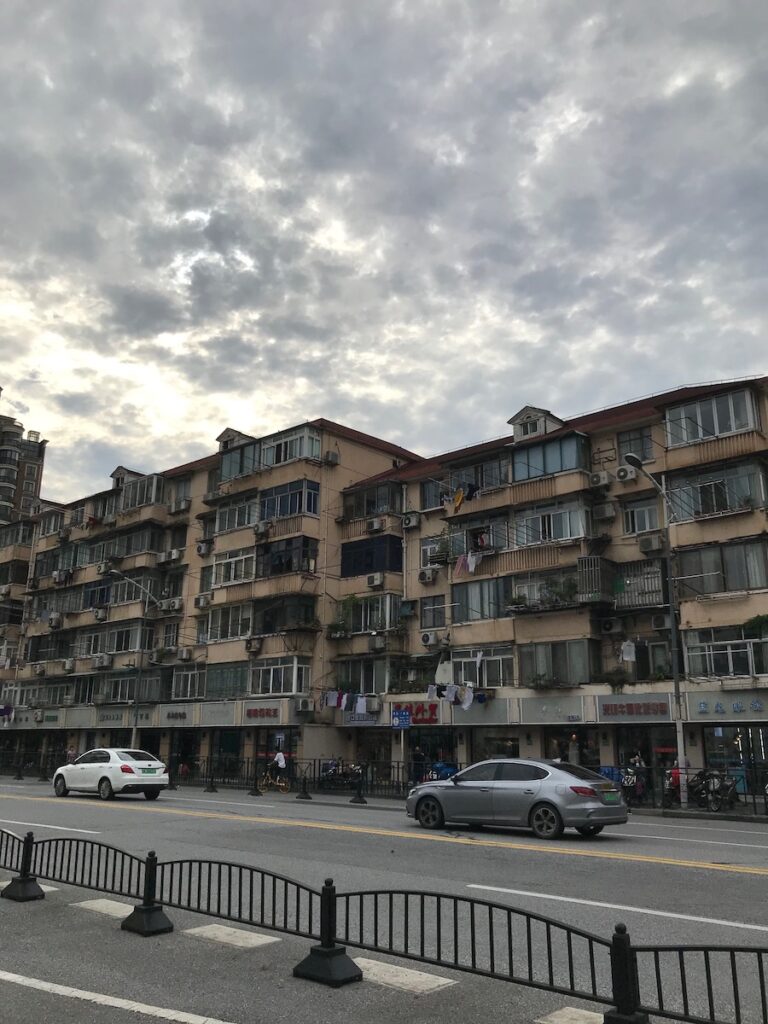
This next stage of culture shock is easily the worst one. All the little differences start to pile up. Little problems blow up into major disasters. Language barriers feel like insurmountable castle walls. The new culture becomes the source of everything that’s wrong with your life.
This stage can lead to homesickness, anxiety and depression. I think it’s also where most expats in Shanghai are stuck. I’ve seen people shout at Chinese coffee shop workers for not understanding enough English. And here the frustration comes with an extra dose of paranoia. Someone once literally compared the lives of English teachers in China to Jewish people in 1930s Germany. People act as if Xi Jinping is somehow personally trying to make their lives miserable. If you can’t make it to any of the expat bars, the Shanghai sub-Reddit is a great place to witness this.
It pains me to admit that I’ve found myself having similar thoughts from time to time. Especially since I really want to distance myself from those types of expats as much as I possibly can. However, the frustration, irritability and hostility are an inevitable part of going through culture shock.
And China can be a very frustrating place. The hospitals are a chaotic mess. People will push and shove in front of you in line. Just yesterday, a gang of grandmothers muscled us off a park bench so they could use it to play cards.
The Adjustment Stage
Thankfully, the Frustration Stage doesn’t have to last forever. Eventually, you become accustomed to the quirks and weirdness of your new culture. You begin to pick up more of the language, and get used to things. Stuff that once seemed off the wall bonkers now feels routine, and just a part of life.
This is a pretty good stage to be in. Things can still be difficult, but they are definitely more manageable. Yes, those old ladies kicked me off of my park bench. But, you know what? They’ve survived famines and lived through the Cultural Revolution. They can have my bench. I can use a squat toilet with few problems, and I’ve settled into day-to day life in China.
I think, however, that it’s important to remember this isn’t the last stage. While it’s nice to feel like I’m adjusting more to life, it’s not all puppy dogs and delicious cakes. It’s less that everything is good, and more that it’s easier to deal with the things that aren’t so good.
Acceptance (Adaptation)

Wikipedia calls this the “bicultural” stage. This is the stage where you feel equally comfortable in both the new and old cultures. This article brought up an interesting point, saying that “acceptance doesn’t mean that new cultures or environments are completely understood, rather it signifies realization that complete understanding isn’t necessary to function and thrive in the new surroundings.”
I feel like getting over the language barrier is a big factor in reaching this stage. Yes, I can get along much easier in China than I could before. However, until I master the Chinese language and all its mysteries, I don’t think I’ll be able to fully function smoothly in the acceptance or adaptation stage. There are plenty of people, though, who do find themselves able to live and work in China as easily as they can in their home countries.
Culture Shock in Theory Versus Practice
Generally speaking, I think old Kalervo Oberg got it mostly right. I’ve definitely recognized aspects of all four of them in myself and other people I’ve met. However, like most psychological theories, the reality and the theory don’t mesh 100%.
The main difference, I’ve noticed, is that the stages aren’t necessarily a linear progression. It’s not like you leap directly from Honeymoon to Frustration to Adjustment in a neatly defined order. Culture shock isn’t a checklist you can just tick off.
Having lived in China for as long as I have, I still find myself at various times feeling like I’m going through all the stages. In general, I’ve adjusted well to life here, but there are still plenty of times when I feel hella frustrated.
For example, living in China means giving up all pretense of personal space. Like when the man in the hospital sat next to me when my bag was clearly on the chair, and there was an entire hallway full of empty seats for him to choose from, and then he proceeded to have a loud conversation on his phone, gesturing with his hand mere inches from my face. Come on, man.
On the other hand, I still have plenty of honeymoon moments. There are times when I get a wave of euphoria just walking down the street, looking at all the signs and people and thinking “wow, I’m actually living in China, of all places.” There are new and exciting things lurking around every corner. Like when I found an old Buddhist temple nestled next to a garbage dump way out in Shanghai’s distant suburbs.
So, the stages of culture shock may be right, but they definitely don’t always occur in the right order. Sometimes you’ll feel all of them in a single day.
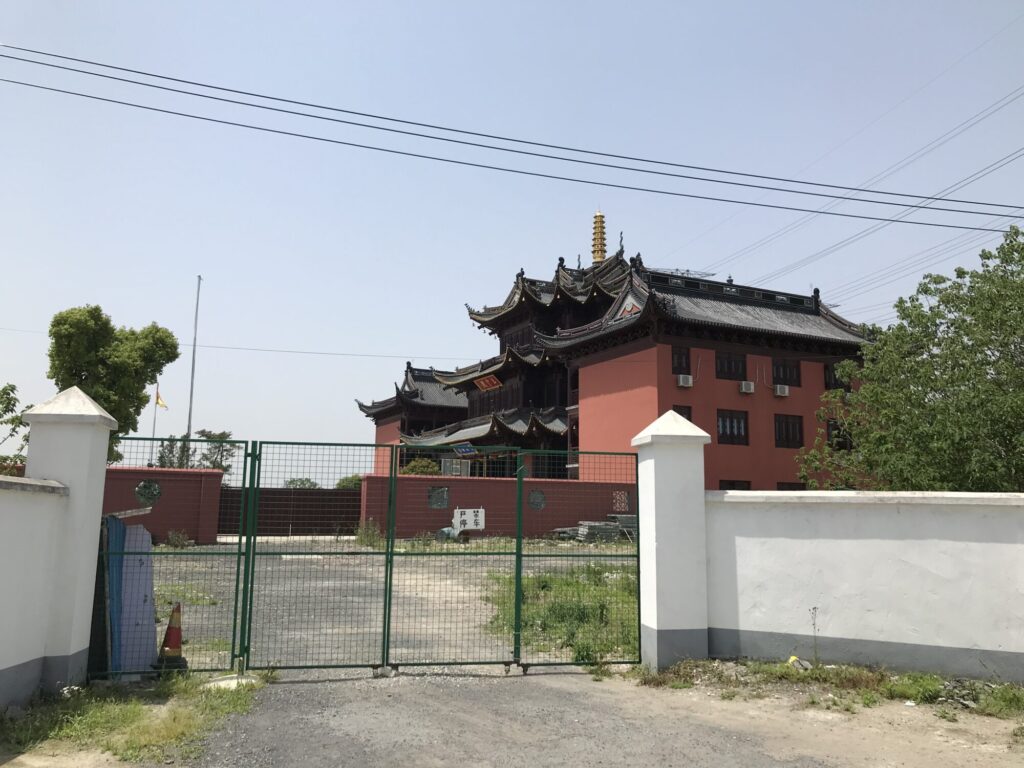
Dealing with It
Culture shock is going to happen any time you if you move overseas. It’s just one of those things. Like getting traveler’s diarrhea while your gut bacteria get accustomed to new foods. Luckily, culture shock doesn’t have to be shitty.
Different cultures are going to be different. I know that sounds like the most obvious thing in the world, but it’s easy to forget. Sometimes those differences will be worse than what you’re used to. Sometimes they’ll be better. Those differences have developed over thousands of years of cultural evolution, and there ain’t nothing you can do to change them. So, you can learn to accept them.
Better yet, embrace them. Seeing these cultural differences and learning about them are probably one of the reasons you want to travel in the first place. These cultural differences are what makes humanity interesting. You can choose to be a judgmental prick about it, or you can embrace them with a sense of wonder and let them enrich your life. And you better hurry before global capitalism turns the world into one giant Starbucks.
Be Kind to Immigrants, Because Culture Shock Ain’t Easy
That’s not to say it’ll be easy. Especially when there’s a language barrier. You’ll get homesick. I’ll be honest, there are plenty of days I opt for a good old American hamburger instead of the myriad of delicious Chinese dishes. It’s comforting, and that’s okay.
I feel very lucky that I found a group of people who are supportive and helpful. My bosses at work have gone out of their way to help Rachle and I deal with issues in China. And also, just generally be friendly and welcoming to us. Our other Chinese coworkers are always ready and willing to do little things like translate when the food delivery drivers can’t find the school’s address.
On that note, I’d like to give one piece of advice to any Americans or Europeans reading this: be kind to the immigrants and refugees coming to your country. It really is difficult to adjust to a new culture. And that’s coming from someone who did this by choice rather than escaping war and poverty. That, in the end, is the ultimate moral of this blog post: be kind to immigrants, because culture shock ain’t easy.


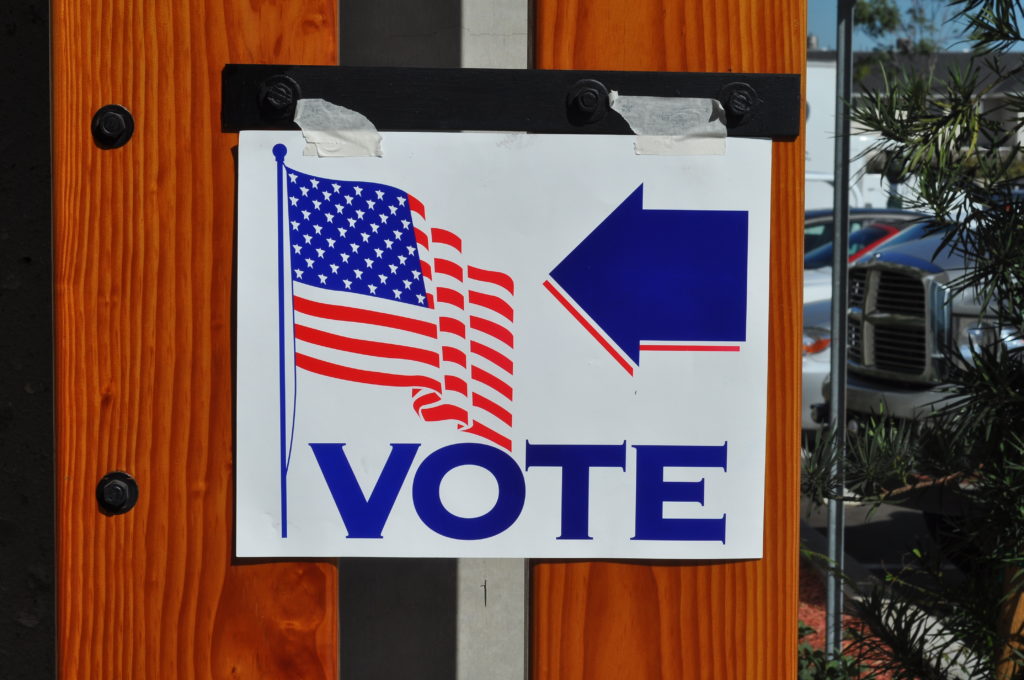
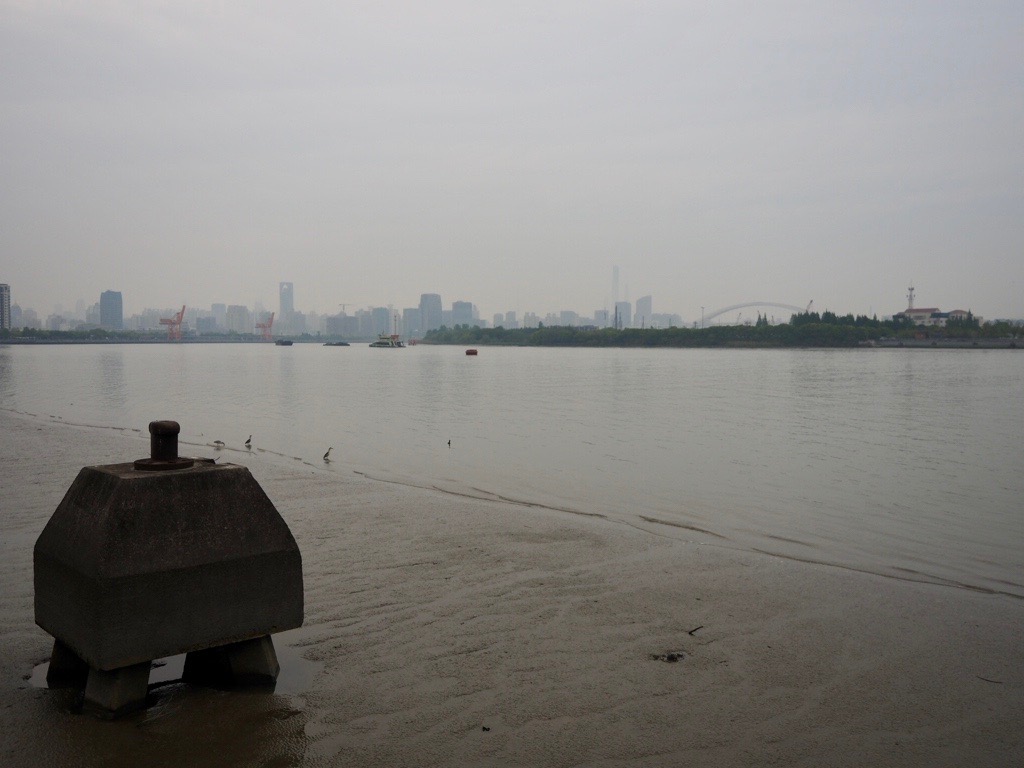

you should make a youtube channel! just came across your blog , having vlogs is easier for us to digest your content, and I think your style/tone would suit it well.
Thanks for the feedback! I’ve definitely thought about doing a YouTube channel, but I’m actually very shy. Maybe someday I’ll try it if I can find the confidence or can afford to hire an actor to play me…